Gov. Tony Evers on the dash to pass Wisconsin's 2025 budget
Democratic Wisconsin Gov. Tony Evers discusses the passage of the federal One Big Beautiful Bill Act and how it was a factor in a swift conclusion to the state government approving its 2025-27 budget.
By Zac Schultz | Here & Now
July 16, 2025
Tony Evers on passage of the One Big Beautiful Bill Act and the state's 2025-27 budget.
VIDEO TRANSCRIPT
Zac Schultz:
You signed the budget in the middle of the night. You referenced the hospital tax assessment and that is required to bring in more federal funds.
Gov. Tony Evers:
Right.
Zac Schultz:
So, you were trying to race to beat the reconciliation bill in Washington. Were you watching C-SPAN to see what was going out there? How did you time those?
Gov. Tony Evers:
Yes. The answer is yes. We were watching what was happening there. We were watching what was happening in both houses here. Yes, it was kind of amazing to watch it. We felt at some point in time that things were delayed enough that we would be able to do in Washington, D.C., but yes, it was exciting, but a little nerve-wracking.
Zac Schultz:
Have you ever signed a bill in the middle of the night before?
Gov. Tony Evers:
Not that I can recall — not at 1:30 in the morning, no.
Zac Schultz:
We mentioned the last truly bipartisan budget was 2007, when Democrats held the Senate, Republicans the Assembly, but that deal didn't get done in October. So, is it fair to say that racing that reconciliation deadline forced everyone to come together now instead of letting it stretch out?
Gov. Tony Evers:
Yeah, but it wouldn't have been October — I mean, no question. Would it have maybe taken a couple weeks off the ability to finalize? Yes, but no, we wouldn't have gone until October. I know there's some people say, 'Well, you didn't get all you wanted,' and I understand that. But the alternative is not to have a budget at all. You have what we've gone through for the last two years — things have changed over those two years. Having that was not an option. So we needed to compromise, both sides did. We had some big wins. We have some campuses now that are going to have new buildings, where they've been trying to do for years and wouldn't have got that if we hadn't compromised.
 Passport
Passport




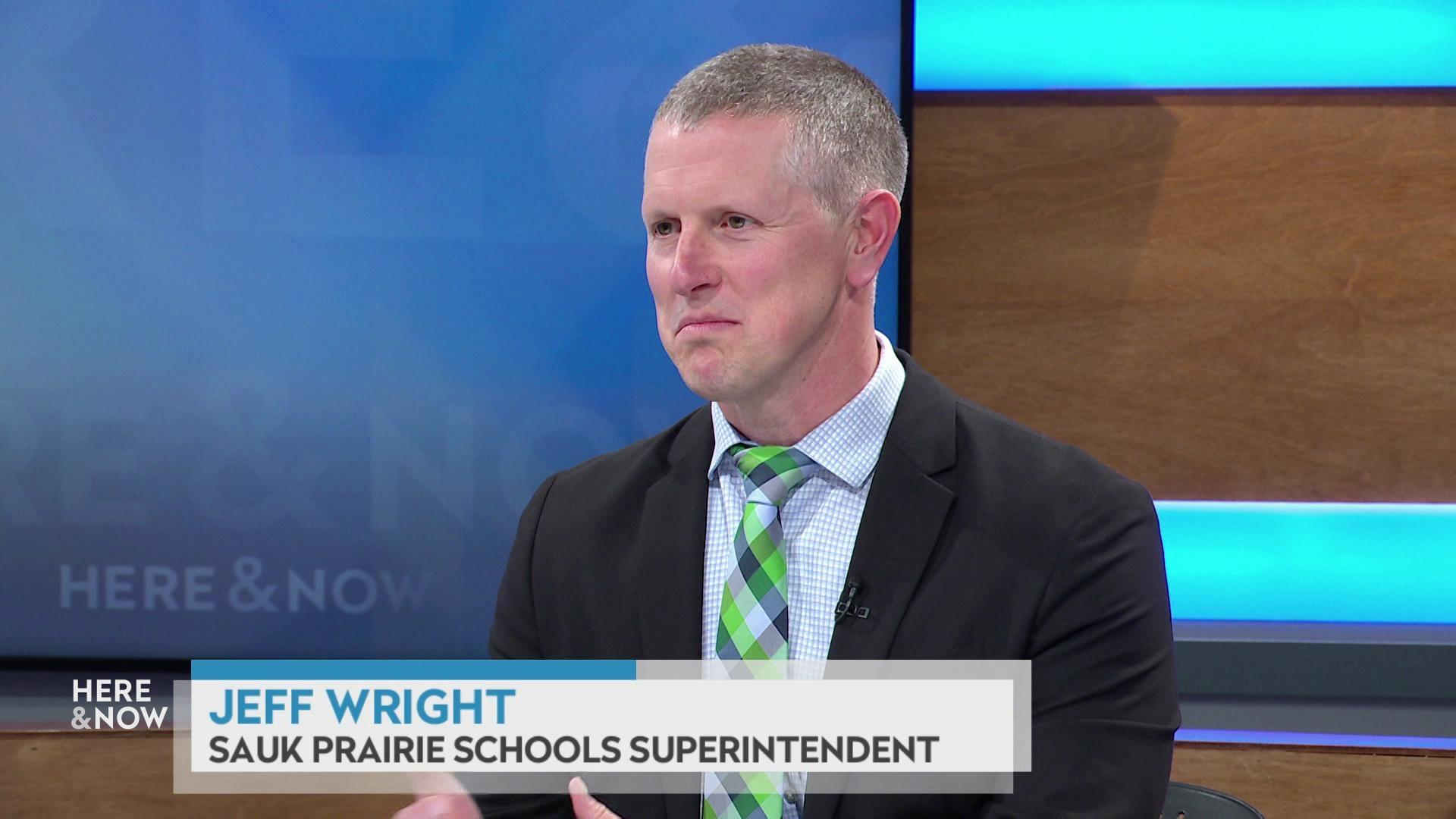
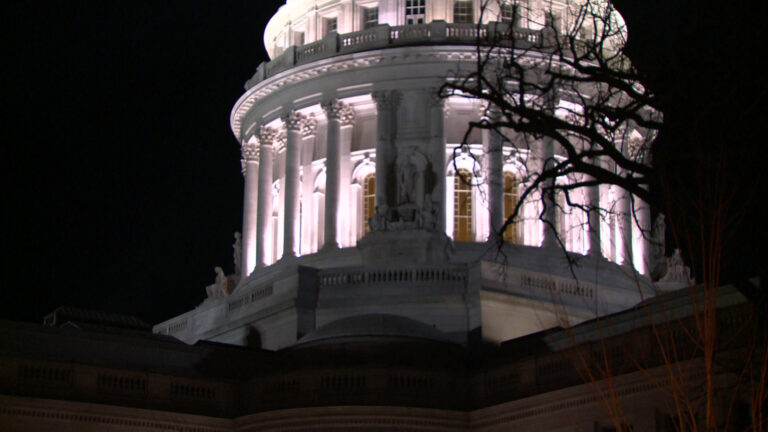
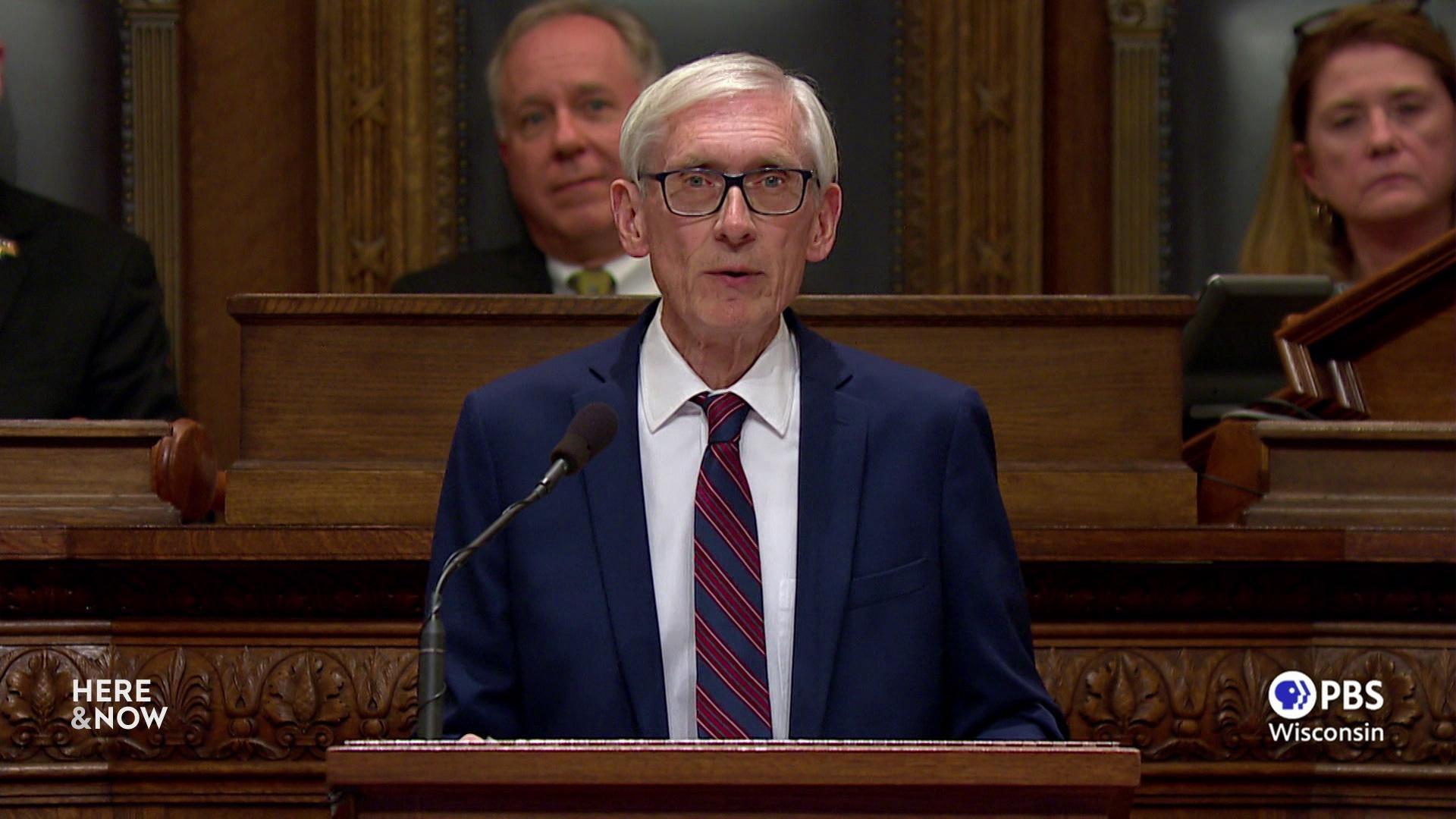
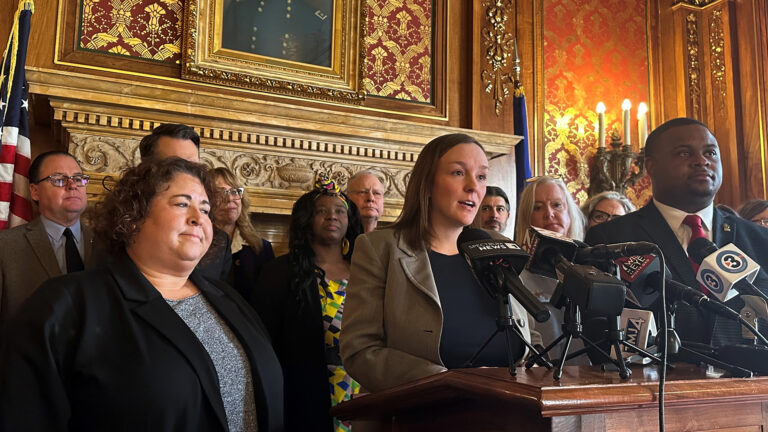
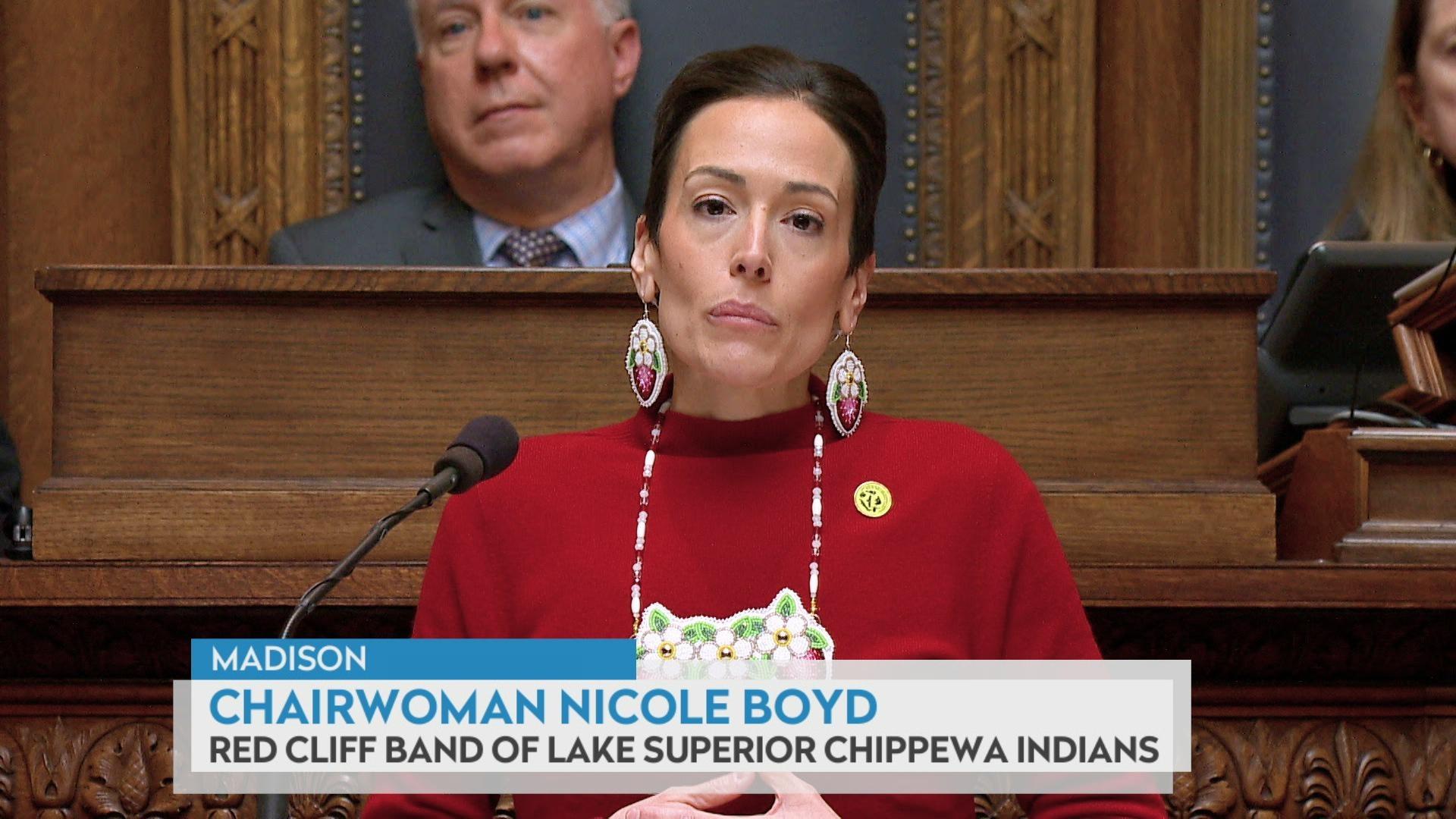
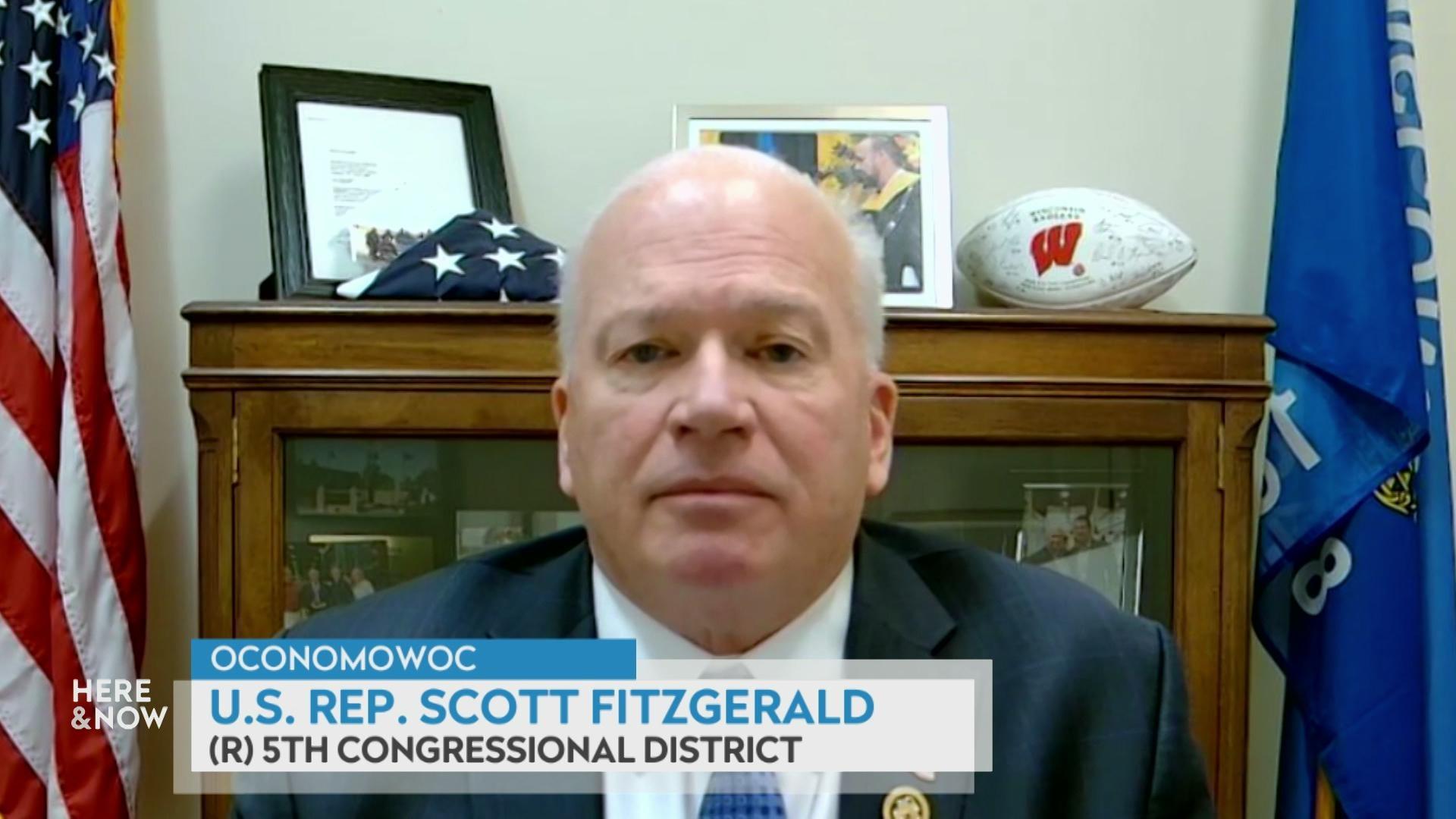

Follow Us